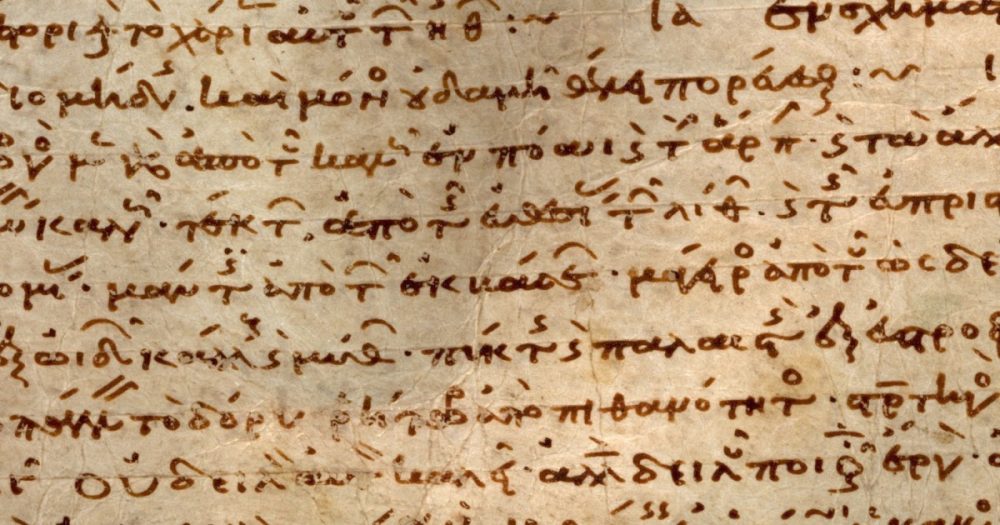Today I will tell you what happens when you overestimate your strength. The story is simple: Zahar and I are translating the next part of “Strange Love Song,” most of which is written in hexameter. And instead of dividing the work normally over several days, they decided to do everything in a hurry: writing hexameters in Retzin is easy, isn’t it?
So, it turned out that there is nothing like that. Not only is this task in itself quite exhausting and thankless, but the author of the “Song” makes inserts in Hellenic, Folsky and Proto-Rechansky. So what, it would seem? And the fact is that the form of the classical Hellenic hexameter (which the author uses) is based on the alternation not of stressed and unstressed syllables, but of short and long ones. Classic Geartoy does this too, and the other two languages also distinguish between syllable lengths in poetry, so he built them in quite naturally.
Modern Retsinsky can’t do that, that’s the rub. And therefore, the connection of the “Retsin hexameter” with the present raises... some questions and troubles. We eventually figured out how to do this as painlessly as possible; Perhaps we’ll dedicate a separate post to this. In the meantime, stick to the very beginning - what we have already translated.
The Helshi sing of warriors - and I sing about the road,
Long and bright, warmed by the yellowest circle of the sun,
Where birds chirp and dew flows slowly through the grass,
The wind rustles here in the leaves and quickly runs away into the distance.
We have heard about peoples living closer to the north,
The sea lay between us and them; deep sea -
Who would be brave? Brave and courageous... so reckless
To swim across it? Hardly from the Djeart tribe
(I know) someone like this would be found; but people are different. And before
It happened that they surprised us. Now - and even more so.
“Ἆρ' ἀπό τοῦ Βορρᾶ ἐστέ? “You came from the north, right?” —
My friend asked this to his tall, light-haired husband.
“Ἐσμέν,” he answered briefly; After a little hesitation, he added:
Φόλλοι ἐσμέν. Καί Ῥετσᾱνοί,” he shook his head and
He pointed to his brown-haired friends with his hand. Fouls?
The same... rechans? We have never met such names.

